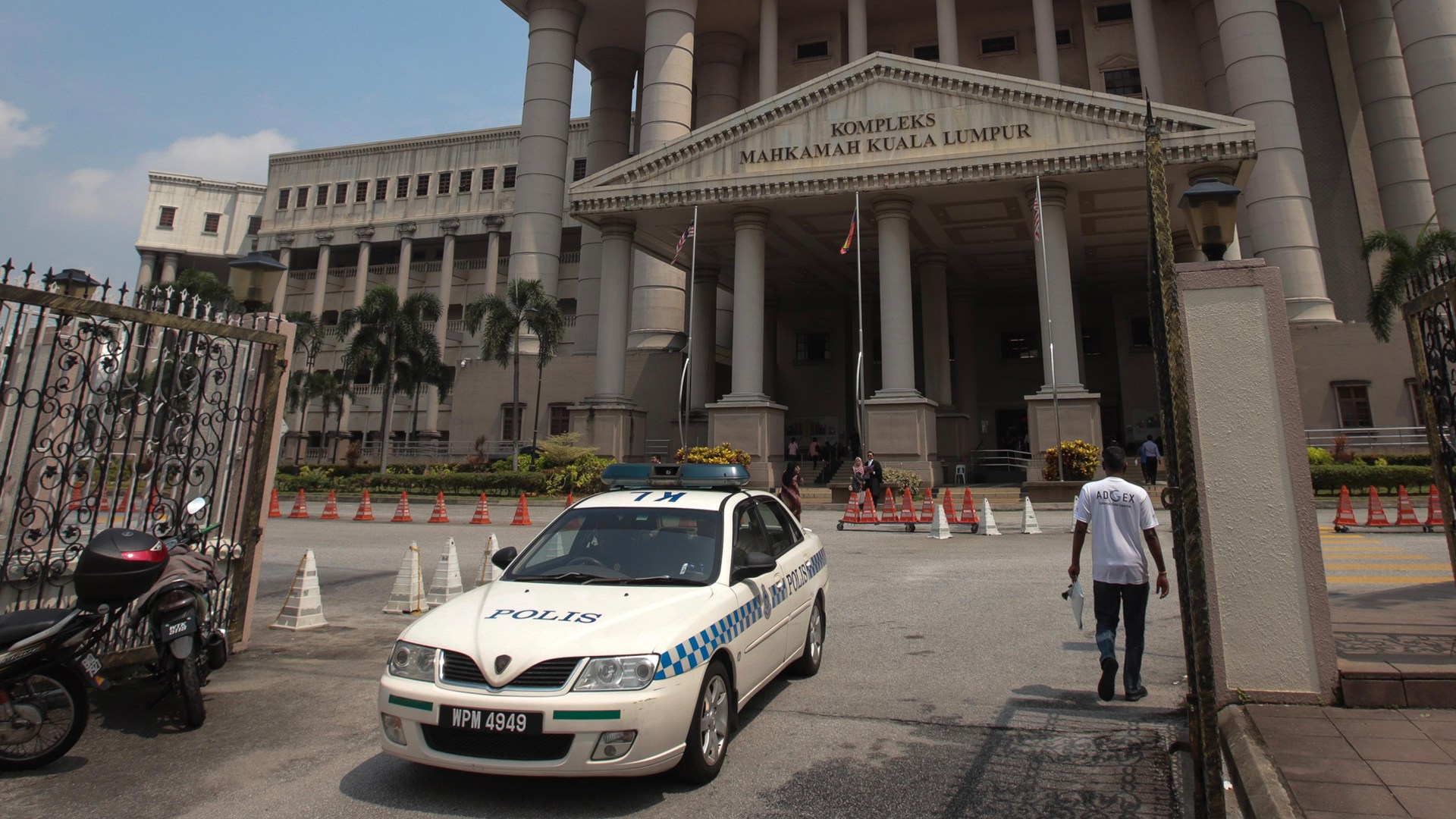A high court is hearing testimony in a civil suit over the disappearance of a minister who may have been abducted by Malaysian secret police. Raymond Koh, an Evangelical Free Church pastor who ministered to people with AIDS, was kidnapped by 15 masked men in a caravan of black SUVs in 2017. A government task force investigated but declined to release any findings. Koh’s wife, Susanna Liew, hopes the suit will force the government to release information. “If Raymond is martyred, he is with God and is in a better place,” she said. “But if he is still alive, then I want to do all I can to get him out.” Koh’s life had previously been threatened over alleged attempts to convert Muslims.
India: Southern state opposes stricter anticonversion law
The Tamil Nadu government in South India is defending Christian missionaries and opposing passage of a stricter anticonversion law. Top officials from the ruling Dravida Munnetra Kazhagam party, which is frequently attacked for being “anti-Hindu,” submitted an affidavit to the country’s supreme court in response to proposed legislation. The affidavit said Christian missionary activity is perfectly legal if it is peaceful and doesn’t disrupt public order. It also denied reports of forced conversion in the region.
Russia: Trinity icon removed from museum
The most famous depiction of the Trinity, an icon painted by Andrei Rublev in the 1400s, has been removed from a museum and installed in a Russian Orthodox church at the personal orders of president Vladimir Putin, who seeks to bolster religious support amid multiple setbacks in the war in Ukraine. Art experts say “de-conservation” of the icon could result in irreparable damage. At the installation of the icon, the Russian Orthodox Patriarch Kirill preached on unity.
Estonia: Denomination disaffiliation vote passes by 97 percent
Methodists in Estonia have decided to leave the United Methodist Church, furthering the division of the denomination over LGBT clergy and same-sex marriage. More than two-thirds of the members of each of the nation’s 23 congregations voted for disaffiliation. The Estonian Methodists have indicated they do not plan to join another denomination but will form their own organization. Methodists in the Czech Republic have also decided to be autonomous, while those in Bulgaria and Slovakia voted to join the newly formed Global Methodist Church.
Libya: Militants sentenced for terror campaign that killed Coptic Christians
Libya has sentenced 23 men to death for the Islamic State terror campaign that included the beheading of 21 Coptic Christians. An additional 14 men were sentenced to life in prison. The militants seized territory in eastern Libya in 2015 and took control of the coastal town of Sirte. They used a video of the executions of the 20 Egyptians and one Ghanaian as a tool to recruit more fighters. The Christians reportedly refused to convert to Islam and in their final moments cried out to Jesus. Hundreds of Islamic State militants remain in Libyan prisons.
Kenya: Pentecostals object to religious regulation task force
Pentecostal and charismatic leaders condemned a government task force formed to develop regulations to control “rogue religious leaders,” saying it lacked representation from their churches and would be biased. President William Ruto set up the task force after the bodies of more than 400 followers of an apocalyptic preacher who urged his congregation to fast themselves to death were found buried in the woods. “We cannot be coming up with new regulations every time we have such individual cases,” one church leader said.
Mexico: Brethren seek recognition as denomination
The Church of the Brethren is seeking official recognition as a denomination in Mexico. The Anabaptist “Dunker” church, which came out of an 18th-century pietist revival in Schwarzenau, Germany, is currently recognized by only two Latin American countries: Brazil and Venezuela. Two Brethren pastors, one from Tijuana and one from Los Angeles, have been working to build the denomination in Mexico since 2019. Census data shows the percentage of Mexicans who consider themselves Catholic is waning, while the percentages of evangelicals and “nones” have grown.
United States: Bible version removes God’s pronouns
The Jewish Publication Society stirred controversy with a new edition of the Hebrew Bible that does not use any pronouns for God. Where the previous translation of Isaiah 55:6 said, “Seek the LORD while He can be found, Call to Him while He is near,” the updated version says, “Seek GOD while you can, Call out while [God] is near.” Some Orthodox Jews have protested by deleting a Jewish Scripture app from their phones. There are no known plans for similar revisions to any Christian translations, though the Episcopal Church has talked about eliminating gendered references to God in the next revision of the Book of Common Prayer.
Canada: Iranian immigrants believe and are baptized
A Vancouver church baptized 130 Iranians in one day. It took three hours, and the congregation had to lay down tarps and towels to handle all the water between the baptismal and the changing room. “A spiritual revival is happening among Iranians,” said Arash Azad, pastor of Emmanuel Iranian Church, which is part of the Canadian Baptists of Western Canada. Azad was an atheist, brought to faith by his aunt. Canada receives roughly 11,000 Iranian immigrants a year and will make it easier for them to apply for work and study permits in 2024.












